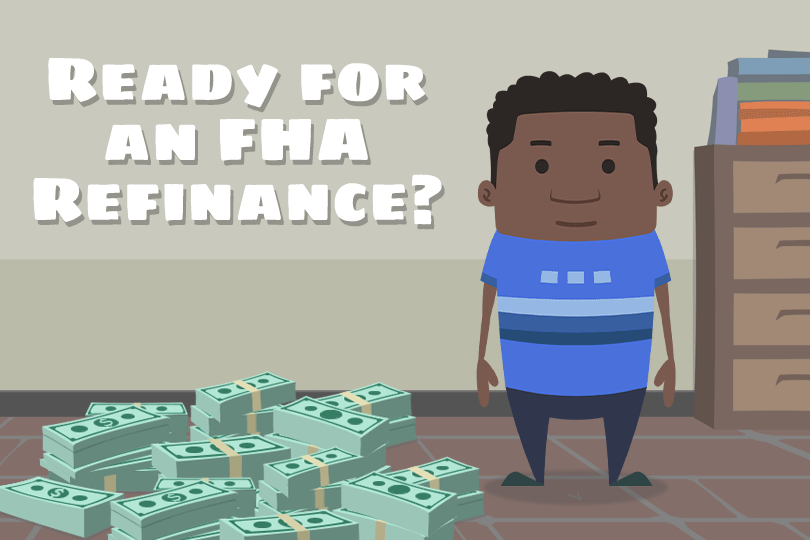Making Informed Choices About FHA Cash-Out Refinances
April 16, 2025
FHA Cash Out Refinance Loan Funds and Investing
Using FHA cash-out refinance funds for investment ventures is a major financial risk, and not just because of the loss of investment money. Borrowed capital secured by your primary residence is inherently dangerous. Day trading or investing in highly speculative cryptocurrencies carries a significant risk of substantial financial loss, regardless of the source of funds.
If these investment activities are funded through your home equity, you remain obligated to repay the increased mortgage amount, irrespective of any investment losses incurred.
All investments carry some risk, and leveraging borrowed funds, especially those secured by a primary asset like your home, amplifies these risks.
Short-Term Financial Issues
Using cash-out refinance money to cover short-term financial needs or unexpected emergencies is never a good idea. That said, some are forced to consider this option, but a clear and sustainable repayment strategy is necessary.
Consider alternative solutions, such as negotiating payment plans with healthcare providers or utilizing dedicated emergency savings. Tapping your home equity for short-term financial gaps without a plan to manage the increased mortgage payments puts borrowers in a difficult economic situation.
Some want to fund purchases like a new vehicle or use the loan proceeds for a down payment on a second property. While doing so might seem appealing, such decisions require careful financial planning to ensure long-term affordability.
Financing a new vehicle through a cash-out refinance essentially creates a long-term loan for an asset that typically depreciates over time. Explore traditional auto loan options with shorter repayment terms.
This is often a more financially sound strategy. Similarly, while acquiring a second property can be a long-term financial goal, using the equity from your primary residence for a down payment may increase your total debt.
You will need a detailed financial plan to manage the mortgage payments, property taxes, insurance, and maintenance costs of both properties.
Before You Apply
Before using a cash-out refinance for major discretionary purchases, thoroughly evaluate your existing budget. Your home equity represents a major financial asset, and tapping its equity through an FHA cash-out refinance demands careful planning.

FHA Loan Articles
August 23, 2023Mortgage APR (Annual Percentage Rate) and a loan's interest rate are two different things, although they are closely related. Understanding the difference is an important part of a borrower's analysis of the true cost of their mortgage.
August 19, 2023FHA refinance loans allow homeowners with existing FHA loans to refinance their mortgages. These loans are designed to help borrowers take advantage of lower interest rates, reduce their monthly mortgage payments, or access equity in their homes for various purposes.
August 14, 2023FHA loans typically require a minimum down payment of 3.5% of the purchase price of the home with the right credit score. This means that if you're buying a house for $240,000, you would need to make a down payment of at least $8,400.
August 10, 2023FHA loans have specific rules and requirements for borrowers who have filed for bankruptcy. The guidelines can change over time, so it's essential to consult with a qualified lender or FHA-approved counselor for the most up-to-date information.
August 3, 2023FHA loans are primarily designed to help individuals and families purchase homes for use as their primary residences. Rules for these loans generally discourage their use for investment properties or rentals. However, there are exceptions that come with strict rules.







